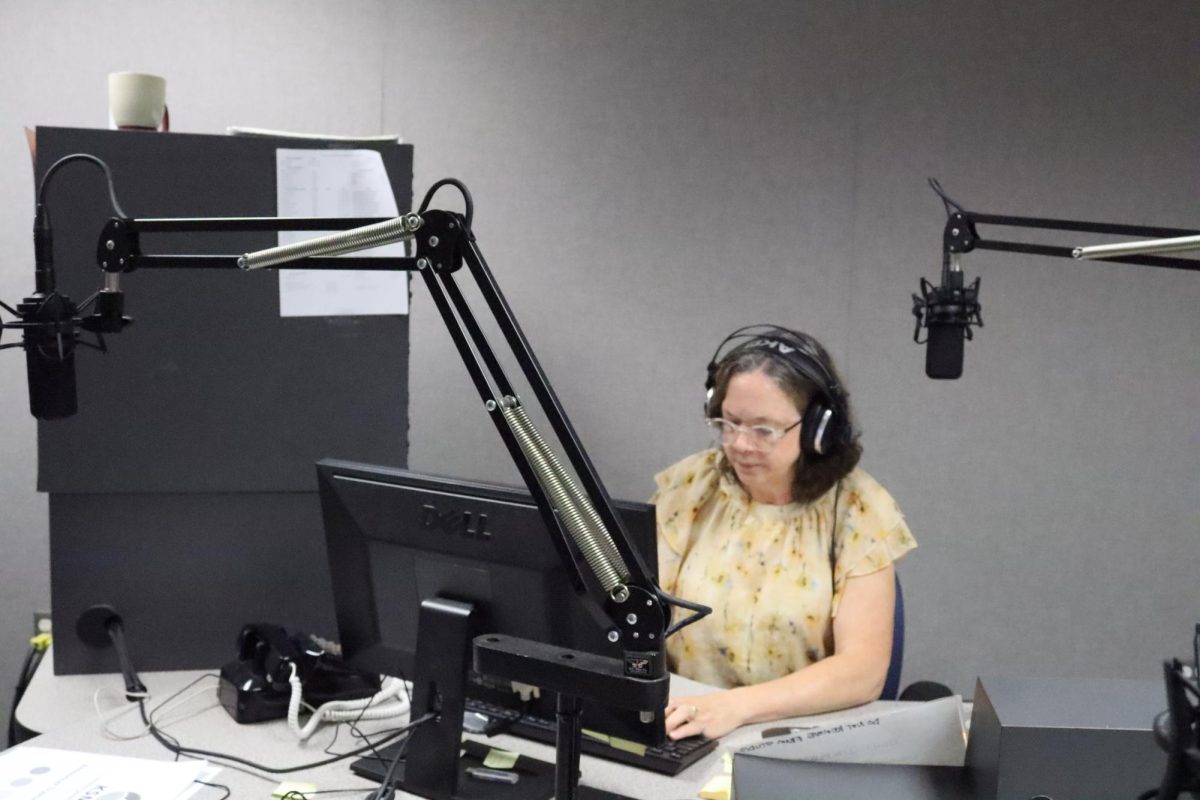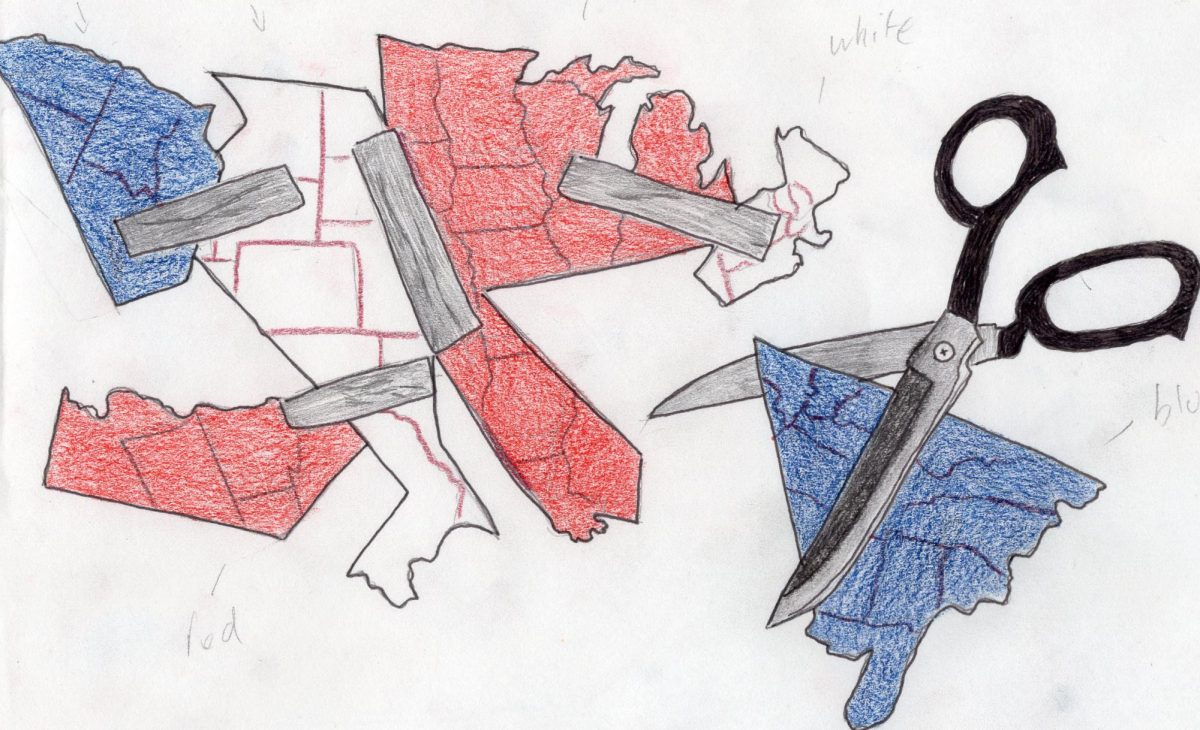On April 28, 550 rabbis and cantors signed an open letter denouncing the Trump administration’s approach to antisemitism on college campuses.
Rabbi Doug Alpert, of Kol Ami in Kansas City, was one of the rabbis who signed the letter. Alpert said he found out about it through a newsletter sent out by T’ruah, one of the organizations responsible for the letter.
“T’ruah: The Rabbinic Call for Human Rights brings the Torah’s ideals of human dignity, equality, and justice to life by empowering rabbis and cantors to be moral voices and to lead Jewish communities in advancing democracy and human rights for all people in the United States, Canada, Israel, and the occupied Palestinian territories,” the site said.
The letter was also organized by J-Street. J-Street U’s senior coordinator for Communications and Operations, Adam Deakin, said it’s a nonprofit organization focused on bettering relationships and policies regarding Israel.
“We’re an advocacy organization that is pro-Israel, pro-peace and pro-democracy,” Deakin said. “We’re dedicated to making space in government and in the organized Jewish community and on campuses for a solution to the Israeli Palestinian conflict that provides, you know, peace and dignity and freedom for all and security for all.”
Some members of the Jewish community believe recent responses to antisemitism have been insincere. With the Trump administration’s recent federal funding cuts to Harvard, conversations about higher education have run rampant across the political spectrum.
“MAGA, right-wing Republicans have wanted to defund higher education and go after immigrants and sort of show reflexive support to a right-wing Israeli government for a long time,” Deakin said. “And what is really regrettable and really sad is you see Jews and Jewish students being used… as a pawn.”
Rabbi Sam Radwine of Temple Israel in Springfield, although not affiliated with the letter, said that antisemitism poses real threats to the Jewish community and shouldn’t be taken lightly.
“What’s going on right now in some campuses is that Jewish students don’t feel safe, and they’re [being] ignored [by] faculty members, so that becomes an issue,” Radwine said. “However, there are also those who feel that when the Administration uses that as a weapon for defunding higher education,”
The letter dismisses the idea that detaining and deporting students protects Jews.
“We reject the notion that arresting students and subjecting them to detention, cutting life-saving key medical research [and] putting these onerous demands on universities is going to keep Jewish students safe,” Deakin said.
The letter was signed partially in response to Project Esther, a companion document to the conservative movement Project 2025 detailing a response to antisemitism.
“Project Esther… talks about HSOs, Hamas, supporting organizations, which is… a broad spectrum of groups, but it doesn’t say anything about the threat of antisemitism on the right,” Deakin said. “And you know, white nationalists pose the greatest threat to American Jews.”
The Trump administration’s approach to anti-semitism and immigration has raised concerns for hundreds of rabbis across America.
“It purports to fight anti-Semitism, but all it names are Palestinian organizations,” Alpert said. “And it names these and even Jewish organizations that support, you know, humanitarian aid for Palestinians and Palestinian rights of autonomy. And it characterizes these organizations, labels them as the Hamas support network. There is no such thing as a Hamas support network. There is Hamas, and I think what they did on October 7 is evil and inexcusable, but there’s no Hamas support network.”










